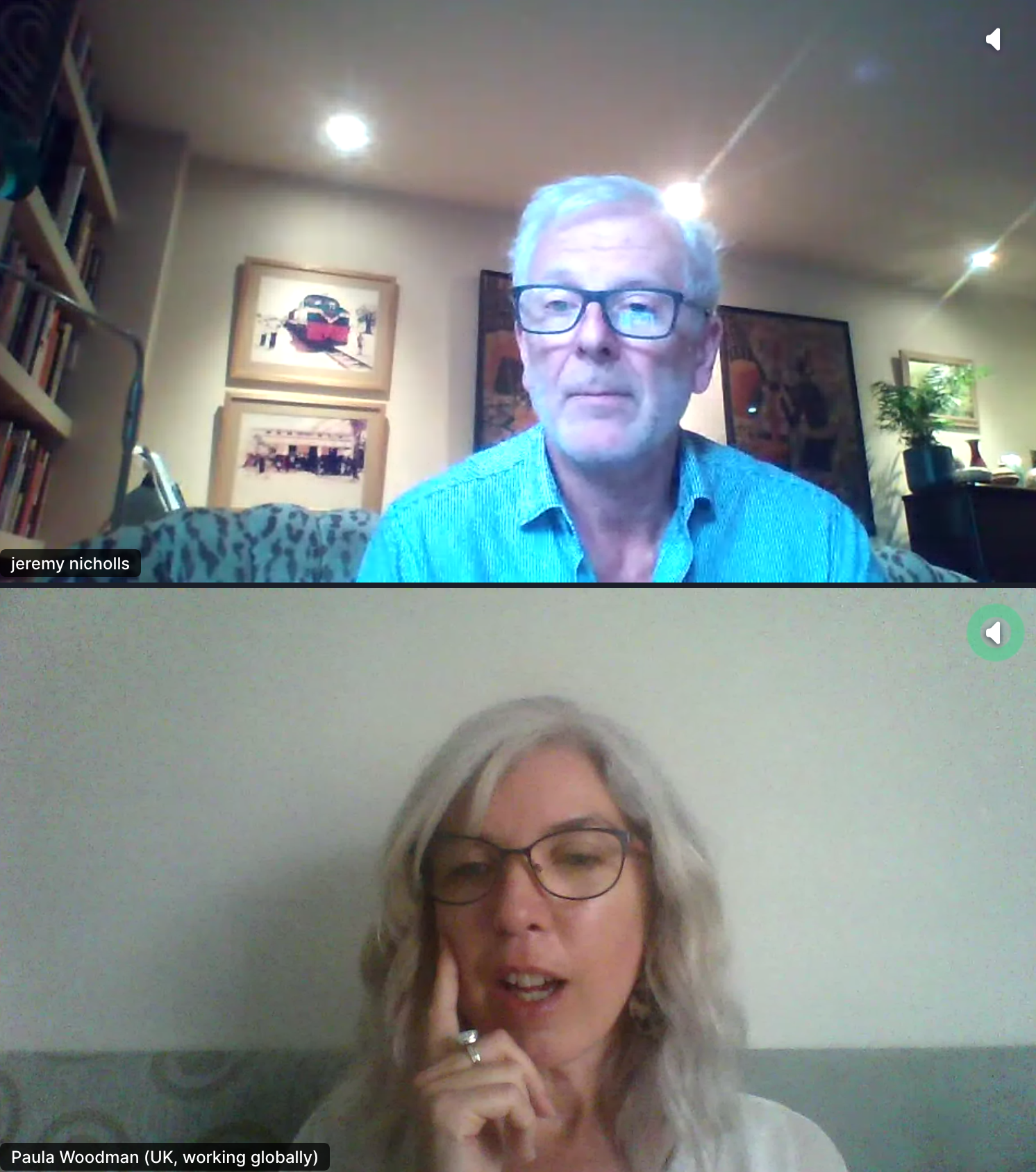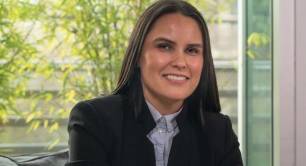SEWF 2020: Why being grumpy is good – five lessons on changing the world from social value 'grandfather' Jeremy Nicholls
Jeremy Nicholls could be referred to as the “grandfather of social value”. He founded the Social Return on Investment (SROI) Network in 2007 which later developed into Social Value International and Social Value UK, both membership organisations that focus on reducing inequality by changing the way the world accounts for value. Since Nicholls was a student, he has aimed to make a positive difference to the world, moving from, as he put it “naïve optimism, to an increasingly grumpy sense that it’s not quite working”.
On the second day of the Social Enterprise World Forum 2020, he joined a conversation with Paula Woodman, the British Council’s head of global social enterprise, to consider the importance of businesses being able to measure their impact on the people that they serve and – crucially – the actions they take in response to what the data reveals.
Pioneers Post listened in and extracted five lessons that all social entrepreneurs should note.
1. Not everyone shares your vision that the world needs to change
“While we think we have a shared vision that the world needs to change, there are other people out there who don’t think it needs to change. We underestimate that our global economic system is hugely resilient.”
2. Are you really doing enough?
When I talk to people, less than 1 per cent of them think that inequality is going to get better. That’s a rain check for us. Here we are all engaged in [trying to address inequality] and none of us actually think it’s working. That’s something that we should all reflect on.”
 3. Do you really want to be held to account?
3. Do you really want to be held to account?
“If we were talking about financial accountability, we could never say that it’s too difficult or too expensive. [Measuring your impact on the people you serve] is not actually that hard, but if it’s done well it should be uncomfortable… As soon as you find yourself saying, ‘I’ll do it next year’, you need to catch yourself. It’s not optional.”
4. Impact data doesn’t have to be perfect
“There is an impression that impact data has to be more super-duper than other data. This is a barrier… just go and get some data from people whose lives you are influencing. Bigger corporates have market insight teams and they are relentless in their pursuit of customer insight so they can remain competitive. That data isn’t meeting some kind of social science test [about whether it is representative]. The more insight you get, the more ideas you will have.”
5. Don’t worry about publishing a beautiful impact report
“At FRC Group [a UK social enterprise where Nicholls is a longstanding board member], we have done social value reports for years. Since having more of an inward focus on the data, we have changed some of the things that we are doing. We were really over-focusing on reporting, but not really focusing on using the data to drive change.”
Pioneers Post is a media partner to the Social Enterprise World Forum 2020 and we’ll be reporting all week – stay tuned for more and follow #SEWFDigital online. Social impact measurement will be explored in more depth next week at Social Value International’s Social Value Matters conference.




